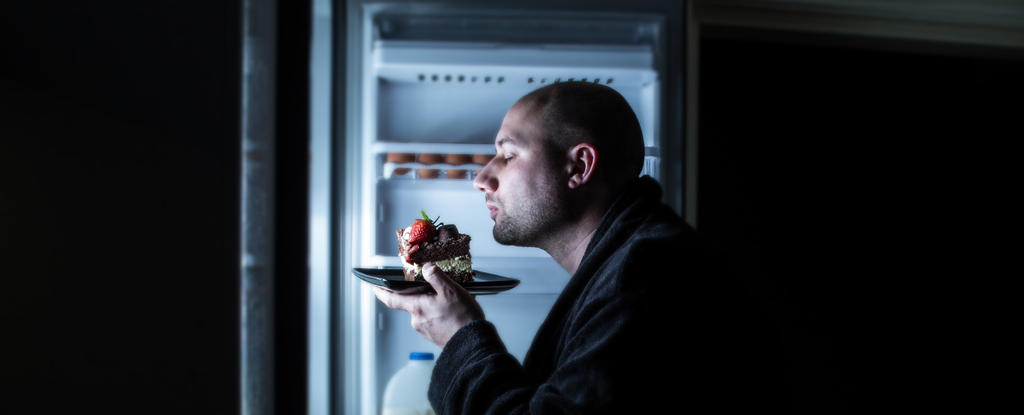A study suggests eating later in the day can directly impact our biological weight regulation in three key ways: through the number of calories that we burn; our hunger levels; and the way our bodies store fat.
With obesity now affecting hundreds of millions of people worldwide, this is a valuable insight into how the risk of becoming obese could be lowered in a relatively simple way – just by eating our meals a few hours earlier.
Earlier studies had already identified a link between the timing of meals and weight gain, but here the researchers wanted to look at that link more closely, as well as teasing out the biological reasons behind it.
“We wanted to test the mechanisms that may explain why late eating increases obesity risk,” said neuroscientist Frank Scheer, from Brigham and Women’s Hospital in Boston in 2022 when the study was published.



IDK, AFAIK that’s not exactly true. E.g. our gut bacteria play a big role in our health, including digestion. Gut bacteria are living organisms themselves and consume food we eat while it’s still in our stomachs. I’ve read that different kinds of foods, depending how easy it is for the bacteria to consume, may introduce more or less calories to us since the bacteria might digest some things before it gets past our stomach.
From what I’ve read, this is already influenced by the state of food, like how much it’s been processed, but maybe it’s based on time too. If the bacteria already ate an hour or two ago then maybe they wouldn’t absorb as much when you have a snack later.
Or maybe, when the bacteria have just eaten, they have also just divided and can digest twice as much.